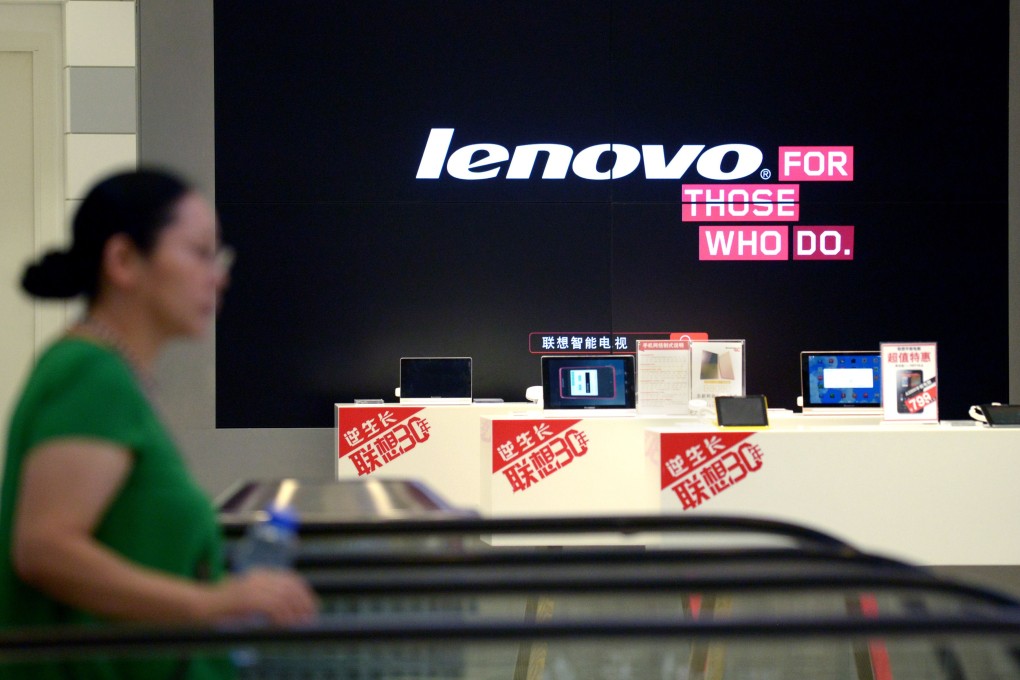The View | Lenovo looking smart for buying out IBM’s PC business
Mainland tech giant Lenovo reaps from taking over IBM's 'ice age' personal computer business

Nearly a decade ago, Lenovo Group bought IBM Corp's personal computer business, and was thought a chump for doing so.
The narrative went like this: IBM, the forward-thinking and savvier company, recognised that the desktop computer would soon be considered an ice-age technology. So it unloaded its old wares on some cashed-up, but naive Chinese company that was overly eager to make its entrance on the world stage.
Lenovo's shares initially suffered after it took over the Thinkpad brand, in part because integration with IBM's business got off to a rocky start.
Meanwhile, IBM's shares sailed north as the stock became one of the favoured plays on the new hot industry on the horizon: the cloud.
Yet as we were reminded last week with IBM's jolting earnings downgrade, following the pack into what Michael Lewis calls the "new new thing" is rife with uncertainty.
"We saw a marked slowdown in September in client buying behaviour, and our results also point to the unprecedented pace of change in our industry," IBM chairman Ginni Rometty said during the results announcement.
